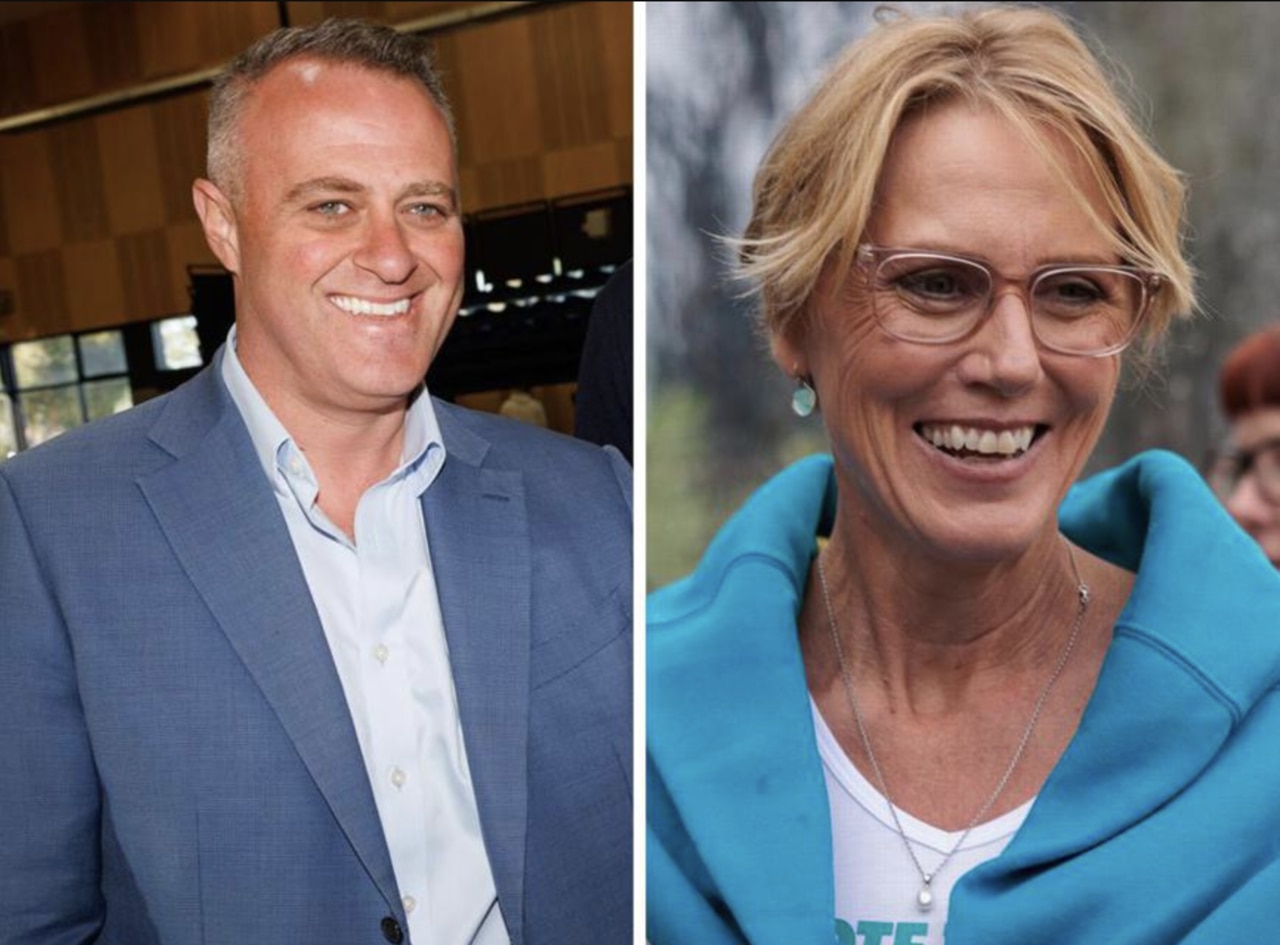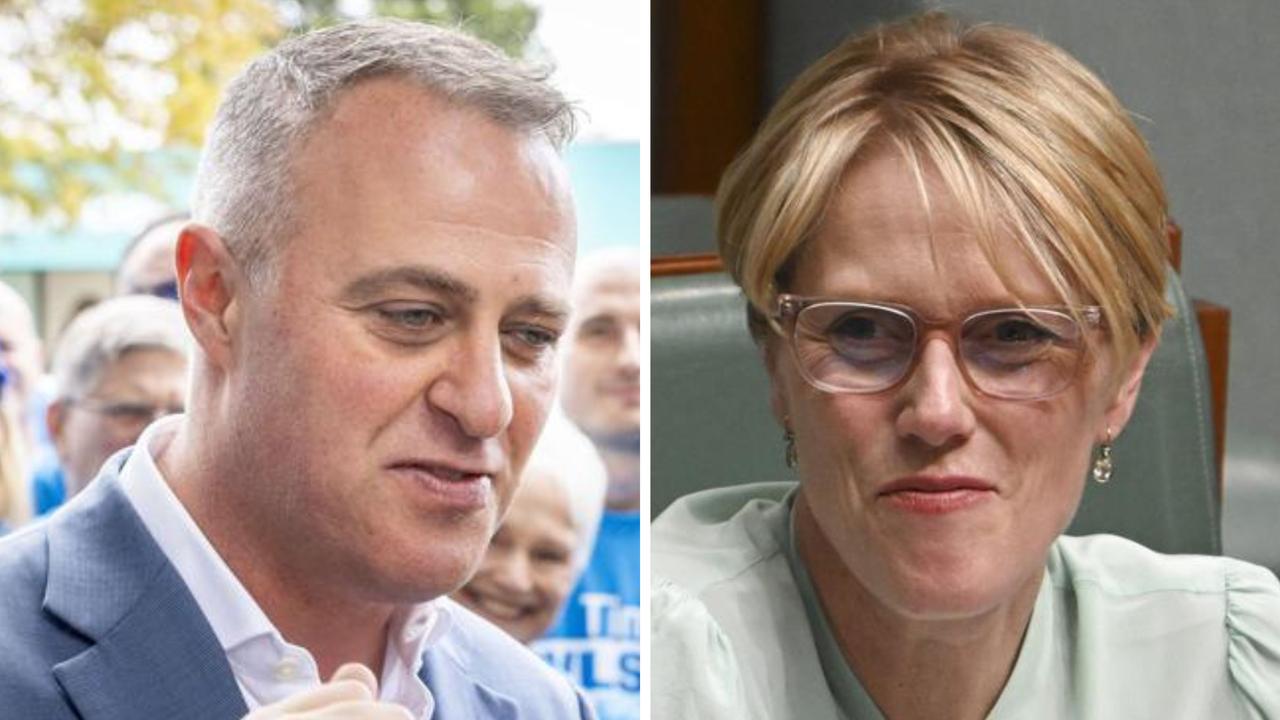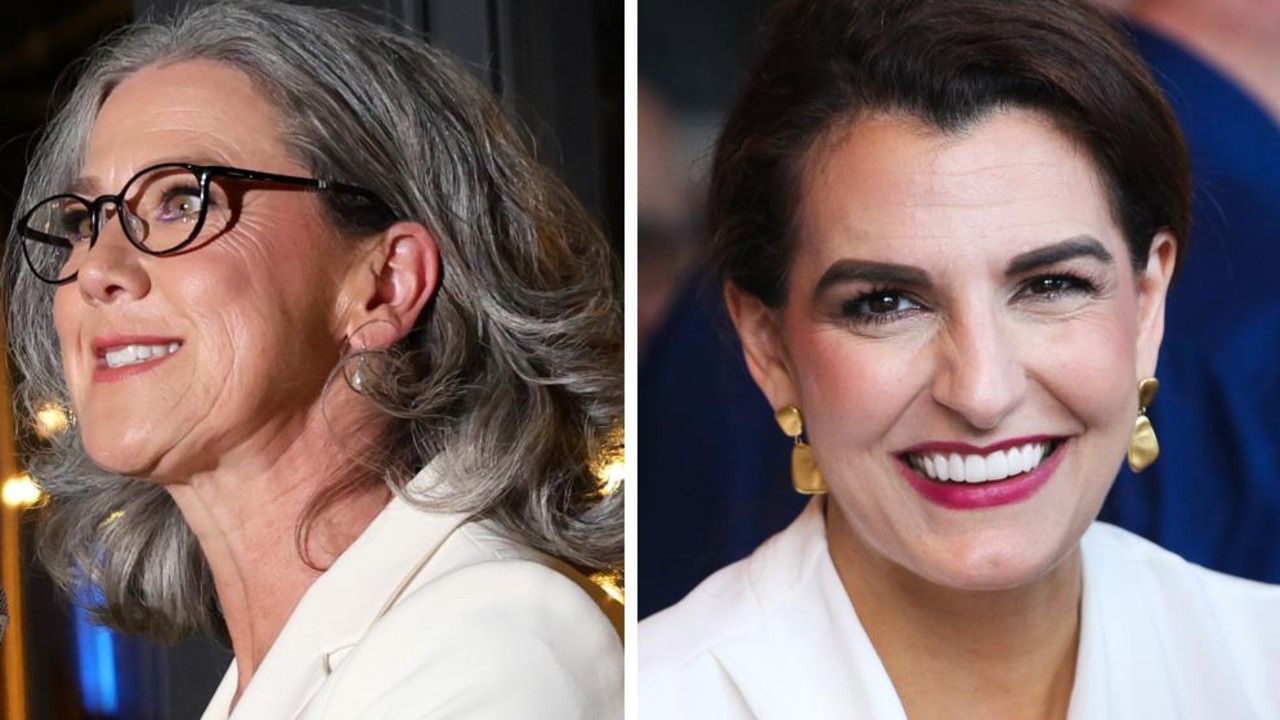Australia’s regional population boom could swing the election
The great tide of people who relocated during the pandemic could turn the upcoming federal election on its head – with six suburbs potentially being key.
In the three-and-a-half years since Prime Minister Scott Morrison was sworn in, Australia has battled harsh Covid-19 lockdowns, record housing prices, changing work environments and a series of natural disasters.
This has led tens of thousands of Aussies to trade in their city pads for a sea or tree change.
Now, those who swapped city living for the regions during the pandemic could have a dramatic impact on the 2022 election outcome.
The most recent Regional Movers Index shows that some of the most popular relocation spots throughout 2020 and 2021 were the Gold Coast, Sunshine Coast, Greater Geelong, Wollongong and Lake Macquarie. They cover the electorates of Moncrieff, Fisher, Corio, Corangamite, Cunningham and Hunter – all key seats for Labor and the Coalition.
New polling provided to news.com.au from Roy Morgan shows the top voter issues among these electorates are the rising cost of living, healthcare, climate change, and perhaps most notably, open and honest government.
So could the latest round of mass migration actually cause an upset at the ballot box come election day?
Trust in politicians
Dr Sarah Cameron, a political scientist at the University of Sydney, said the first significant point of note was how accurately the data represented the growing issue all voters are now grappling with – trusting our federal politicians.
“Trust in politicians reached record lows in Australia in recent years, with the 2019 Australian Election Study showing just one in four voters believe people in government can be trusted. “In 2019, just 12 per cent of Australians believed the government is run for all the people, compared to 50 per cent believing the government is run for a few big interests.”
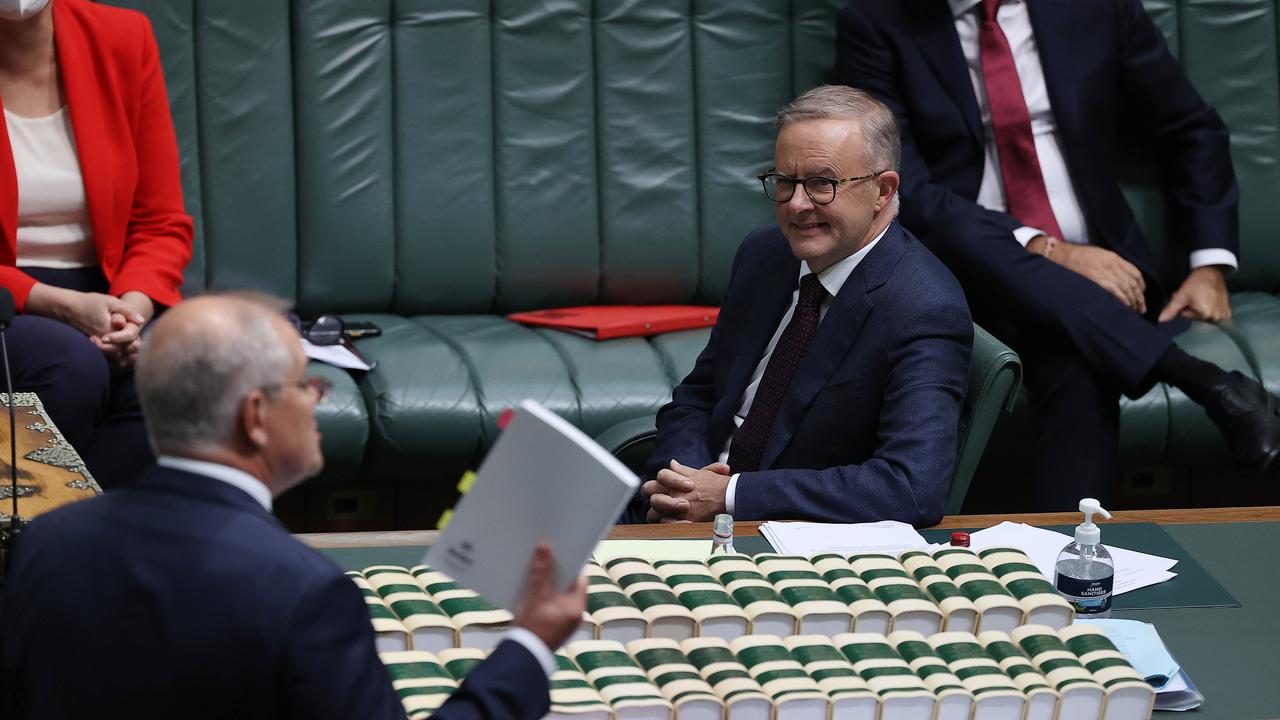
Dr Jill Sheppard, a political researcher at the Australian National University agreed.
“We’ve seen a lot in recent years how much government trust has eroded, and if a local member is considered to be tied up in that the electorate could be responding to that,” she said.
In the Victorian electorates of Corio and Corangamite, both within the greater Geelong region and held by Labor MPs, the importance of open and honest government has jumped by 23.5 per cent and 20.2 per cent respectively since the 2019 election.
In Hunter, the NSW marginal seat currently held by outspoken Labor MP Joel Fitzgibbon, the issue grew by 21.8 per cent.
Dr Sheppard called these jumps “unprecedented”.
“There’s an anger that we haven’t seen before in some electorates,” she said.
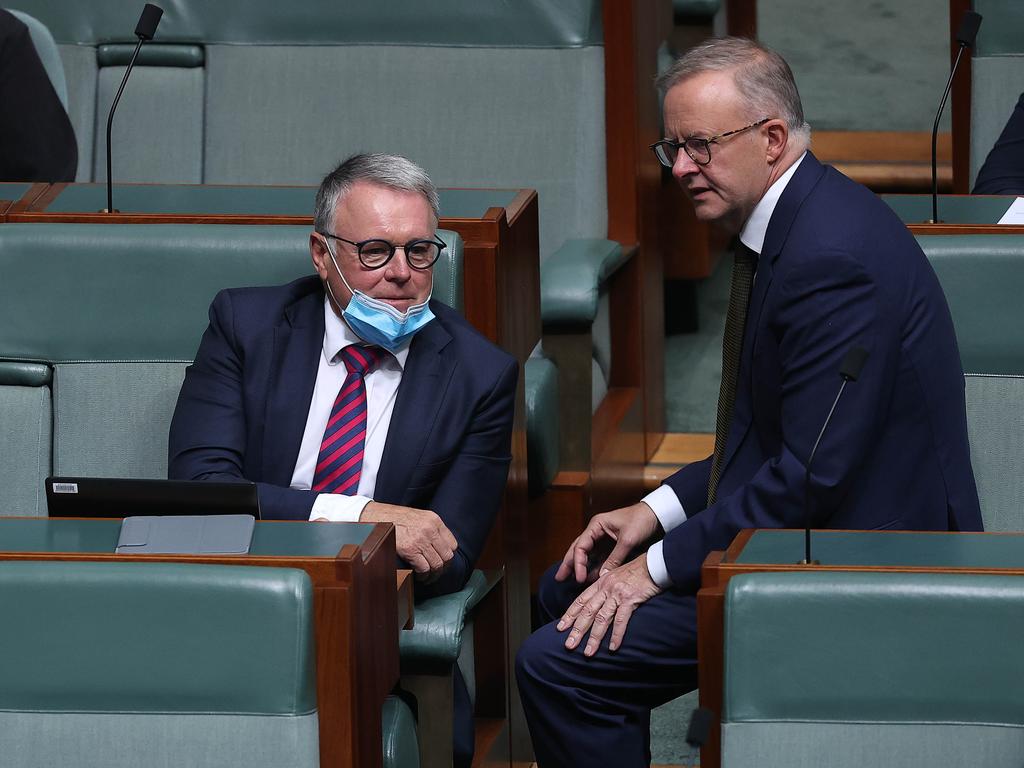
“Covid has shifted how we see government. It has never been so involved in our lives on a day-to-day basis, and so for a lot of voters coming to terms with the consequences of that and giving over that control to government on an ongoing basis is raising a lot of issues for voters, and I think that’s probably why we’re seeing those results.”
Migration to Queensland
The Queensland electorates of Moncrieff and Fisher, which have recorded the highest rates of interstate migration during 2020 and 2021, are historically seen as some of the safest Coalition seats in the country. Any major changes in those areas will come down to the specific demographics of new arrivals and the location they’ve chosen to call home.
“Two things tend to happen during these kinds of migrations,” Dr Sheppard said. “One is that we move somewhere that suits our pre-existing politics, so we move to be near people who support us and who can sympathise with us.
“So if they’re moving to places that already look like and think like them, it’s not going to change anyone’s vote. But the alternative is that you end up somewhere where nobody is like you and there can be a change of mind over time.”
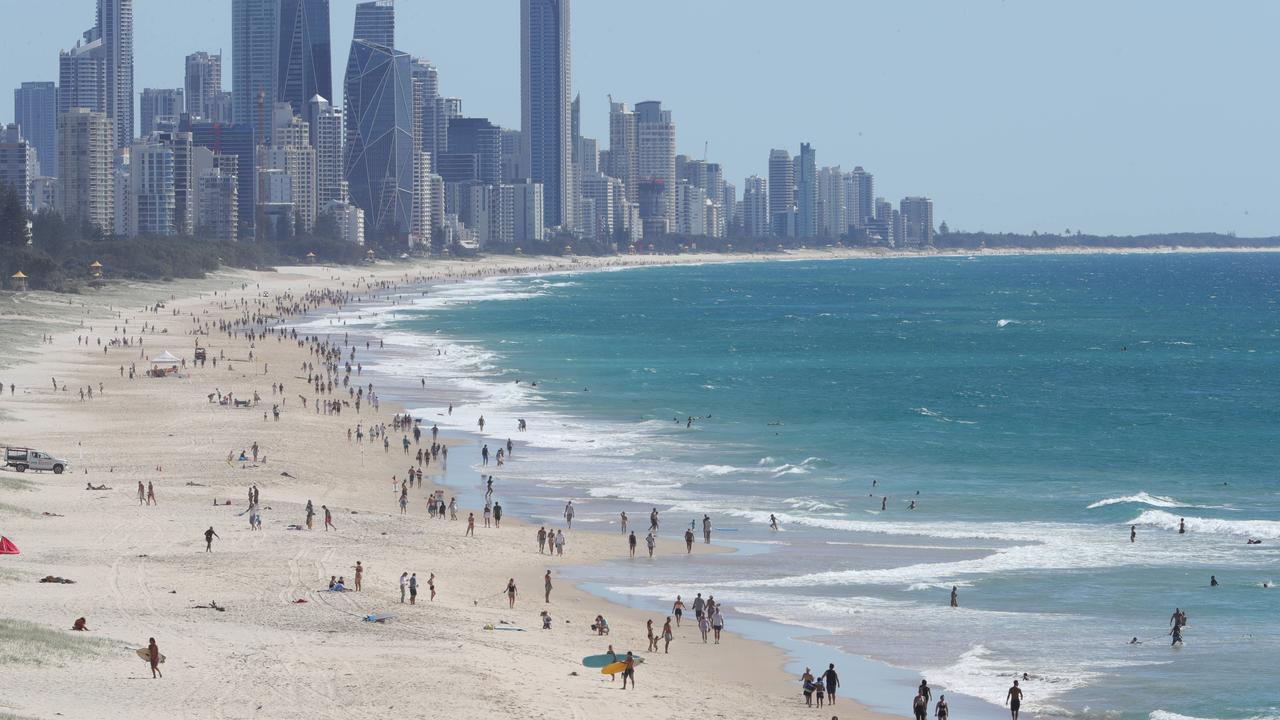
In real world terms, that means traditionally safe electorates like Moncrieff, Fisher, Corio and Cunningham could see existing MPs and candidates enjoy higher vote margins than at the last election.
But marginal seats like Hunter and Corangamite, which Labor retained with just 3 per cent and 1 per cent majorities respectively in 2019, could become even more marginalised.
Dr Sheppard said traditionally people relocate to areas that already align with their existing ideological world views, meaning a dramatic change through internal migration would be “completely unprecedented”.
But it’s not impossible.
“We’ve seen some pretty strange things happen over the past few years,” she said.
More Coverage
According to Dr Cameron, the winning campaign move in 2022 could ultimately come down to an existing member or candidate’s willingness to avoid pointing fingers and simply prove themselves as open to accountability.
“Whilst politicians and pundits have at times liked to blame voters themselves or social media use for the steep decline in voter satisfaction, research shows that government performance has been a major factor driving the decline, which is much steeper in Australia than in other democracies around the world.”
Katy Hall is a freelance writer



